Riflemaker gallery sets the pace for other galleries when it comes to exhibiting the work of female artists such as Alice Anderson and Penny Slinger. It’s something the gallery manages to do in an unselfconscious – putting the work at the centre of the exhibition rather than the sentiment. So it seems fitting that the gallery should play host to the work and undoubtably large personality of Judy Chicago – her first UK show since 1985. The feminist activist whose work and opinions played a part in the second wave movement in the Sixties and Seventies is still a potent voice in promoting female orientated art work and here influence can be seen on the likes of Tracey Emin and beyond. Make sure you check out the exhibition for a broad view of her work then and now.
riflemaker.org
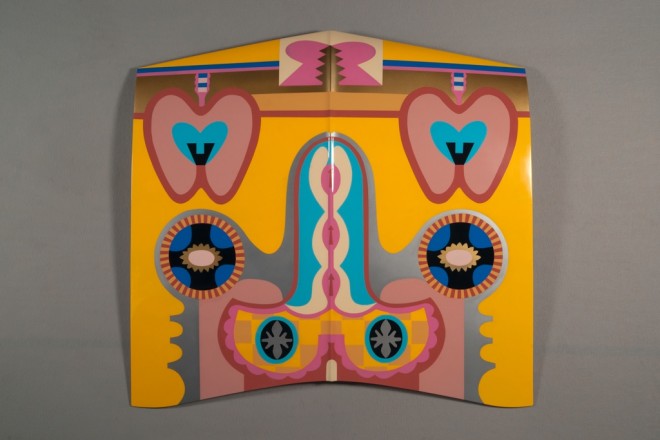
Tags: Judy Chicago, Riflemaker
The irrationality of racial prejudice is at the centre of Leah Gordon’s new photographic work Caste. The artist who has worked in Haiti for many years has created a series of photographs based upon the coldly colour based measuring system created by a man called Moreau de St Mercy in Eighteenth-century colonial Haiti.
The French colonialist, who lived in Haiti during the slave plantation period created a surreal and unstomachable taxonomy of race that sought to place the colour of skin in order of superiority, running from Blanche to Noir, with all kinds of de St Mercy’s imaginative name stretches in-between.
On discovering this history of categorisation, Gordon’s response was to cast herself at one end and her partner, Andre Eugene, a Haitian sculptor, at the other end. The result, Caste, in effect topples the boundaries put up between people and their relationships. The use of Eighteenth-century clothing invokes a feeling of detachment from the past while also ridiculing those lingering prejudices towards colour and skin.
Twin spoke to the artist about her new work…
How did you come across Moreau de St Mercy’s system?
I first read about the system in a book about Haitian culture and history called ‘Haiti, History and the Gods’ by Joan Dayan.
What was your immediate response to it?
Firstly an interest in following up the roots of the florid use of language. How the use of the exotic and mythologoical language became a surreal smokescreen for a more sinister and divisive system. After that I started exploring the taboos surrounding mixed race relationships too.
Where are you from originally?
Ellesmere Port, Merseyside.
What caused you to become so involved with Haiti, personally and professionally?
The way in which history feels so alive and vibrant in Haiti and how the re-telling of that history is rooted through sub-altern cultural expression.
What’s the legacy of colonialism in Haiti today?
Haiti lives with more of a legacy of post colonialism. It was the first post-colonial state in the western hemisphere. Haiti has been punished economically, through lack of direct trading, and culturally, through a systematic demonisation of its religion, as a punishment for the audacity and might of the slaves revolt.
What reactions have you had to Caste?
I’m still not sure. I think it will be a while before reactions start filtering back to me. I have had a great response from the Haitian artistic community.
What are your plans creatively for the future?
To document British folk culture further and explore its relationship with nature, history and material objects.
Leah Gordon: Caste is at Riflemaker, London until 14 July 2012.
riflemaker.org
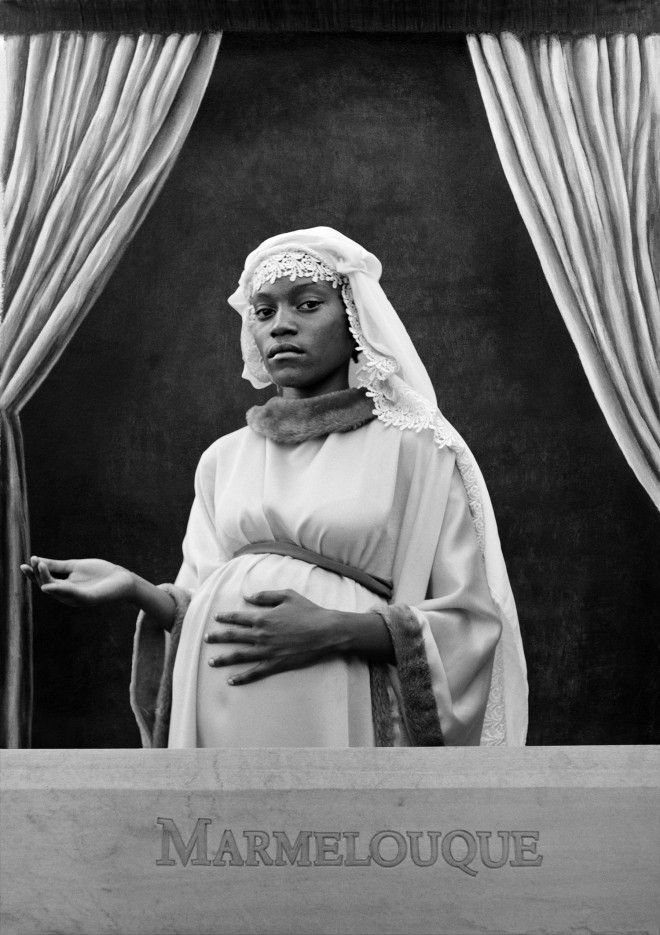
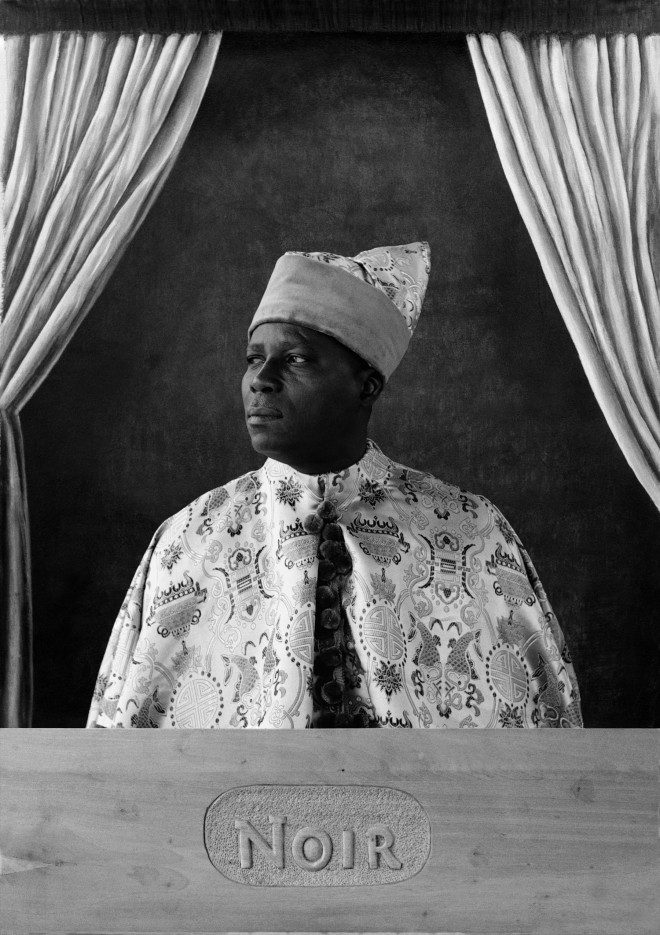
Tags: Caste, Haiti, Leah Gordon, Riflemaker
Artist Penny Slinger weaves narratives of life and death. In the Seventies her photographic collages challenged many of her peers with their anarchic approach to life and explicit depiction of feminine power. A new exhibition, A Photo-Romance, at the Riflemaker gallery focuses on her seminal surrealist images. in Presenting herself as both subject and object, Slinger used Surrealism to penetrate the feminine psyche. Her images of a deserted country mansion and empty rooms represent the many chambers of women’s being and consciousness. While the introspective drama of her work places her alongside artists such as Francesca Woodman and Leonora Carrington, Slinger’s collages are an encircling story of the ultimate romance – the death and rebirth of Self.
Penny Slinger: A Photo-Romance is at the Riflemaker from Monday 12 September – Saturday 30 October 2011.
riflemaker.org
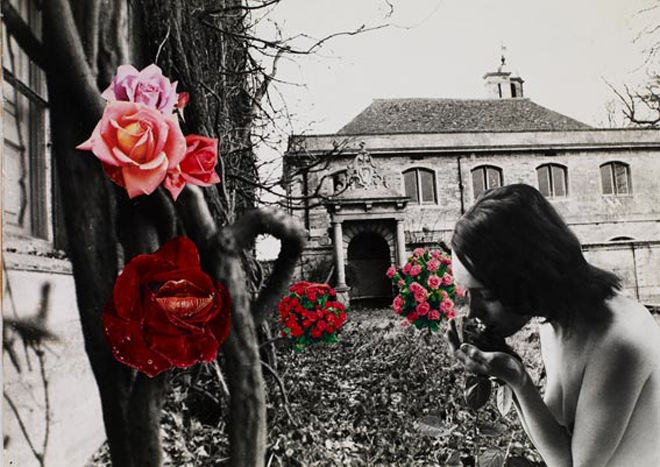
Tags: A Photo-Romance, Francesca Woodman, Leonora Carrington, Penny Slinger, Riflemaker, Surrealism


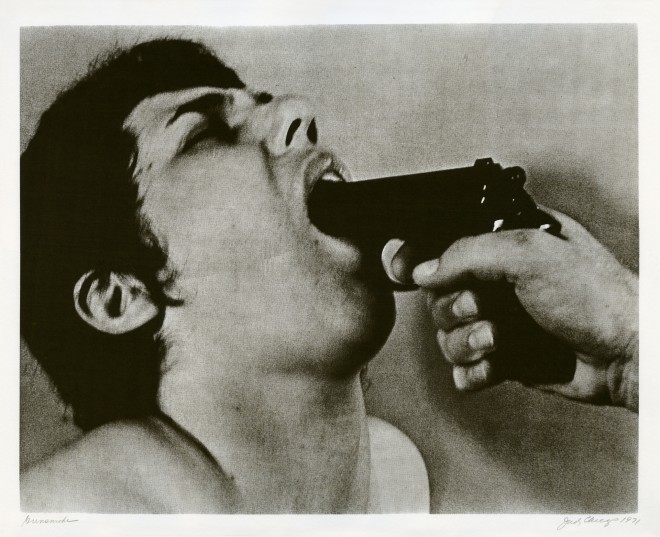
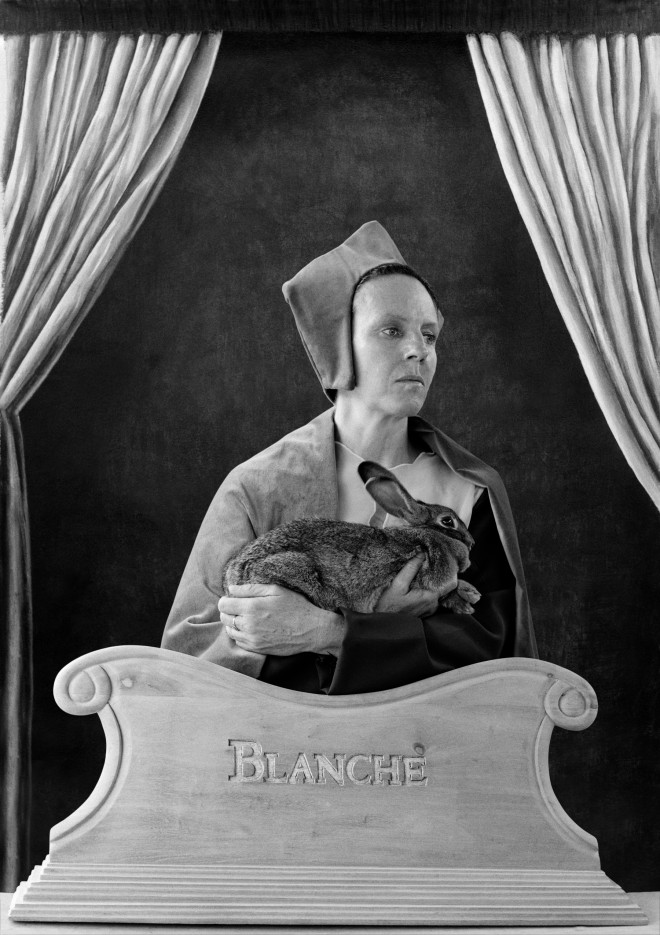


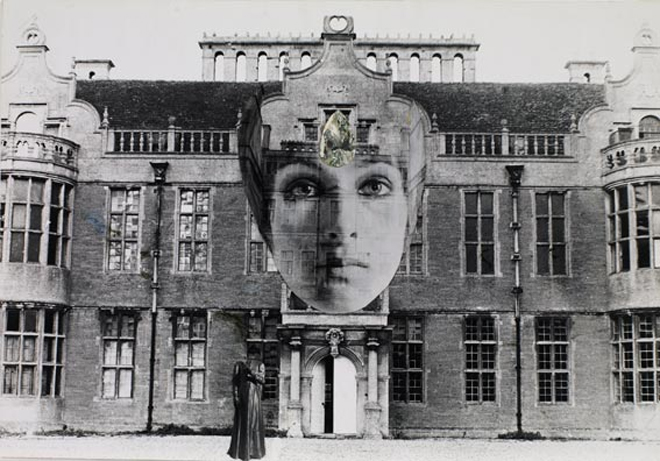


 Twitter
Twitter
 Tumblr
Tumblr
 YouTube
YouTube
 Facebook
Facebook
 Instagram
Instagram
